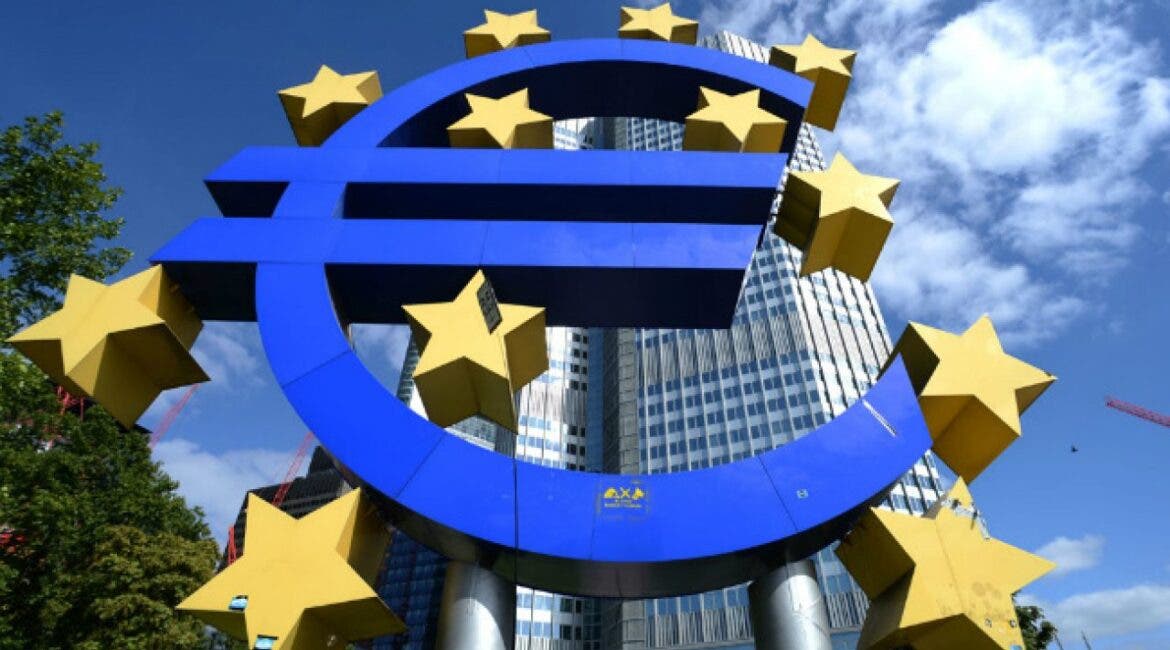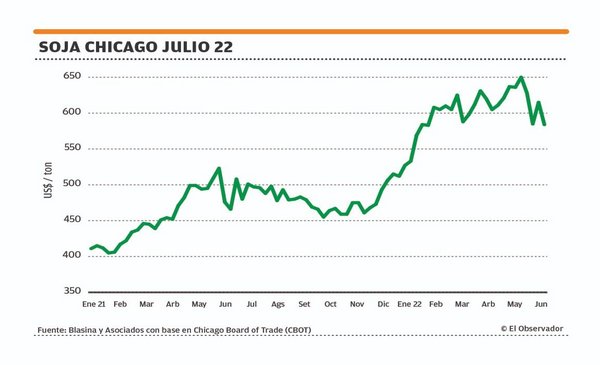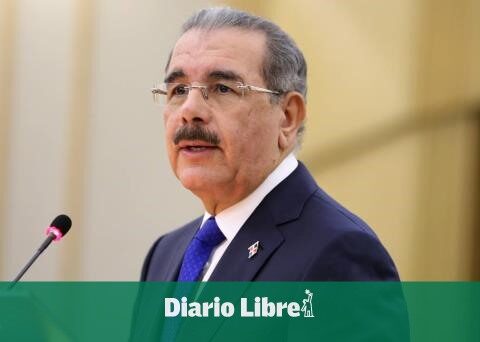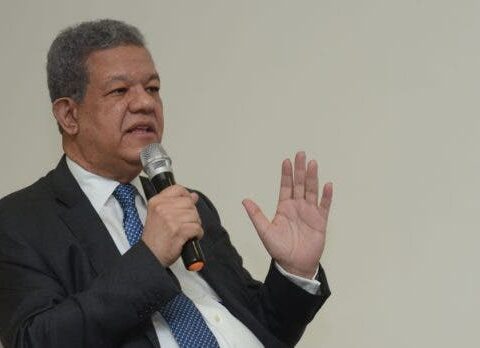The Ministers of Economy and Finance of the Eurozone, the Eurogroup, will happen tomorrow review the economic situation and discuss the orientation of their fiscal policy in 2023 in order to prepare national budgets at a time of historically high inflation and great investment needs.
The Eurogroup meeting, in which the Spanish Vice President for Economic Affairs, Nadia Calviño, will participate, will begin with the debate on economic prospects that have worsened and point to a slowdown in growth and a higher than expected increase in prices.
The International Monetary Fund will take part in the debate, which will present the provisional results of its report on the economy of the eurozone, known as Article IV, and takes place on the eve of the European Commission updating its projections on July 14 and after The European Central Bank has lowered its growth forecast to 2.8% this year and raised its inflation forecast to 6.8%.
Read more: The battle to replace Johnson gains strength with nine candidates
The review of the situation in the Nineteen will lay the foundations to later address the direction that the budgetary policies of the partners should take next year, during which the rules of fiscal discipline will continue to be suspended as a result of the Russian war in Ukraine and the governments will have to face the consequences of the conflict in the energy market.
“The economic situation has changed considerably since last year (…). With inflation as high as it is, fiscal policy has to take it into account to avoid further fueling inflationary dynamics,” says a senior European official.
In practice, for the Eurogroup this means withdrawing the extensive fiscal support measures adopted in the pandemic to stimulate demand and focusing on measures to “relieve supply bottlenecks”, which drive inflation, and on help to deal with the social consequences of rising energy prices that are “temporary and specific to vulnerable groups”.
However, the countries recognize that the need for “substantial investments” in energy security and to replace Russian fossil fuels could mean that the budgetary policy remains moderately supportive and not restrictive, as some organizations recommend.
“These public investments would be stimulating, but since they will reinforce the productive capacity of the economy, they should not be a problem for inflation,” the official insisted.
The basis for the debate will be precisely a report from the European Fiscal Board, the Commission’s advisory body, which recommends that the partners have a “prudent” fiscal policy and that the most indebted begin to make adjustments next year, in line with the guidelines published by the Community Executive in May.
read also: Japan’s ruling party to retain parliamentary majority
From the Spanish Ministry of Economy they consider that the Nineteen share the diagnosis that in the face of a crisis of a “different nature” to the pandemic, fiscal policy must be “flexibly adjusted”, with a response focused on mitigating the impact on households and companies most affected by the rise in electricity, but also taking advantage of the recovery plans to invest in the green and digital transitions.
It is about, they explain, “making compatible” fiscal responsibility and the reduction of the deficit and debt with “an expansion focused on quality spending such as investments.” “Those are the two elements that make up a fairly common vision of all the Member States”, point out sources from the ministry.
On the other hand, the Eurogroup will discuss with the ECB on Monday the work to introduce the digital euro and, specifically, its impact on the financial system and on the use of cash.
The eurozone focuses on allowing this digital currency to be used to carry out transactions, but not as much as an investment, since it could have negative consequences on financial stability, so to avoid it, it contemplates measures to limit the amount that could be accumulated in euros. digital.
The ministers will also continue with the debate to choose the successor of the managing director of the bailout fund, Klaus Regling, who will step down in October.








